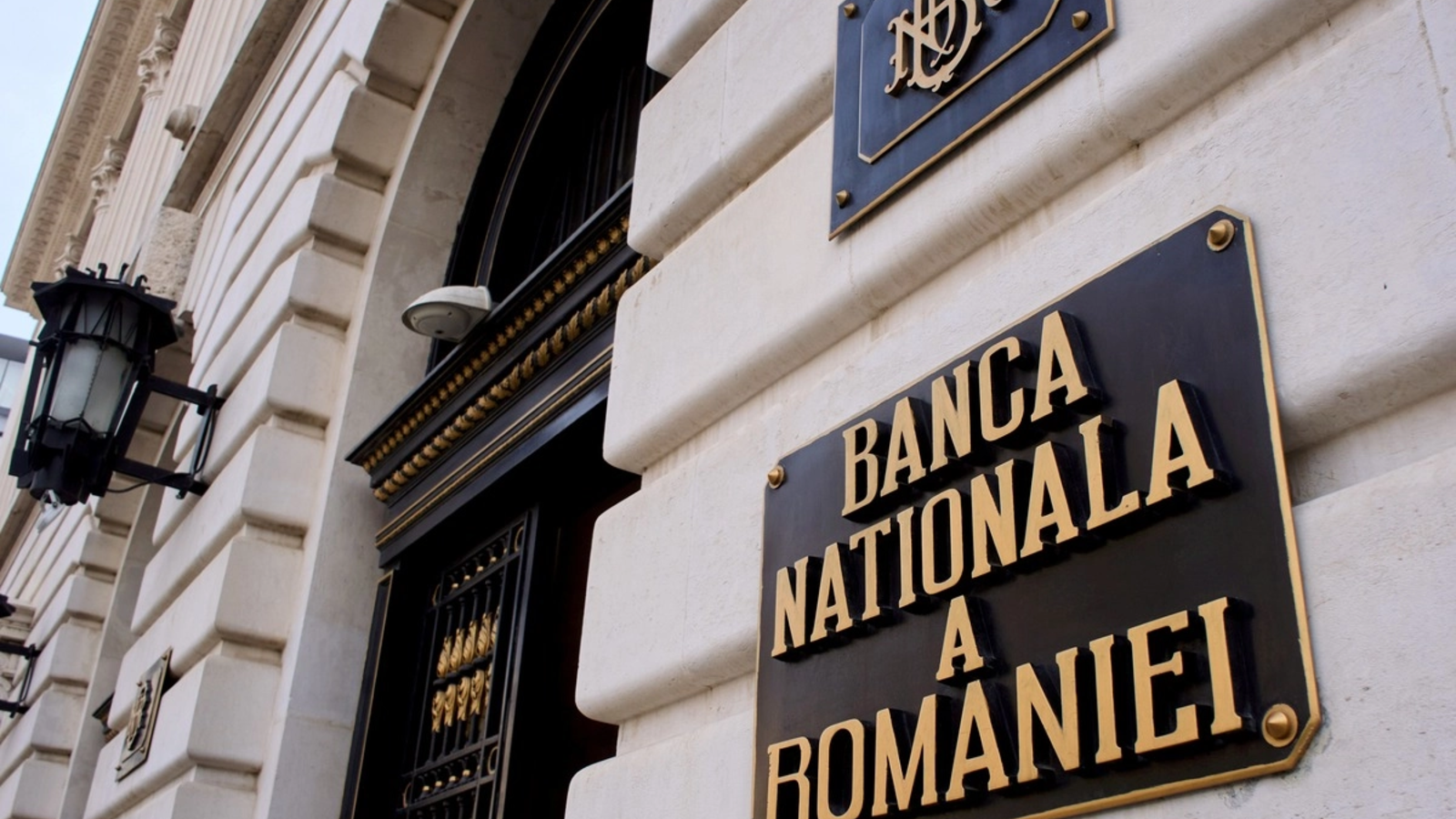Romania is taking an economic "maturity exam", and many companies seem to be entering a new stage of consolidation and development, according to Csaba Balint, member of the Board of Directors of the National Bank of Romania (BNR).
"It has been 35 years since Romania made the transition to the market economy. 35 years is neither a lot nor a few. During this period, the Romanian economy has witnessed remarkable convergence. On the other hand, we also see important macroeconomic challenges: high twin deficits signal vulnerabilities that cannot be ignored. Perhaps it is not an exaggeration to say that Romania is also taking an economic maturity exam.' The correction of the budget deficit is essential, and many companies seem to be entering a new stage of consolidation and development. What I can see with optimism is that there is energy, initiative and potential to pass this test. However, extra discipline - or, if you like, prudence - and a sense of measure could considerably increase the chances of success," Balint said on Friday at a conference organised by the American Chamber of Commerce in Romania (AmCham Romania) and Ziarul Financiar.
According to him, usually, when talking about leadership and governance in front of an audience of business leaders, the tendency is to automatically think of corporate governance.
"However, it is worth emphasising that governance has, in reality, three levels: macroeconomic governance, corporate governance and, last but not least, supranational governance - in our case, the most relevant being the one at the level of the European Union. From the perspective of a central banker, the closest area of governance is, of course, the macroeconomic one. If we want to understand governance through the prism of a central bank, we start with the question: what is the role of a central banker at a party? His role is to take away the champagne when the party is in full swing - as the former chairman of the U.S. Federal Reserve, William McChesney Martin, used to say, with humour, all way back in 1955."
In Balint's view, good practices in central bank governance are not limited to prudence, but they play a broader role, a real balancing act, with a stabilising function in the economy.
"Effective governance also requires an appropriate balance between fiscal and monetary policy. When fiscal policy is relaxed, monetary policy usually needs to adopt a more restrictive stance in order to preserve macroeconomic stability. However, it is essential to emphasise that monetary policy cannot, in every situation, replace a sustainable fiscal policy. The two must be complementary. A concrete example in Romania, of a prudential nature, was the introduction of stricter rules on the degree of indebtedness of households, before the outbreak of the pandemic crisis. Conversely, in 2020 a programme for the acquisition of debt instruments issued by the Romanian state was implemented - a program that did not represent QE (Quantitative Easing), by definition, but a minimal, calibrated intervention, adapted to the specific context and used sparingly to unblock the market. To summarise the functioning of macroeconomic governance with a simple picture: a car is not driven only with acceleration, but also with brakes. It is essential to remember that financial stability is a public good, an element that must be protected to the benefit of all."
He added that, regularly, there may be times when fiscal and monetary policies are not perfectly aligned.
"In such instances, the institutional independence of the central bank becomes essential for it to be able to fulfil its mandate. In general, the legislative framework gives central banks the necessary decision-making independence. In other words, the freedom to choose the appropriate tools to achieve the objectives. However, fundamental objectives, such as price stability and financial stability, are determined by democratically elected political actors. Therefore, the independence of the central bank is essentially based on a social agreement, a delegation of responsibility for the benefit of the public interest. Imagine the independence of a central bank as an asset that sits on the bank's balance sheet. An asset of inestimable value," said the BNR official.
Ziarul Financiar and the American Chamber of Commerce in Romania (AmCham Romania) organised on Friday the 6th edition of the conference "ZF&AMCHAM | The Art of Balancing: Leadership and Governance Under Reputation and Regulation Pressure".
































Comentează